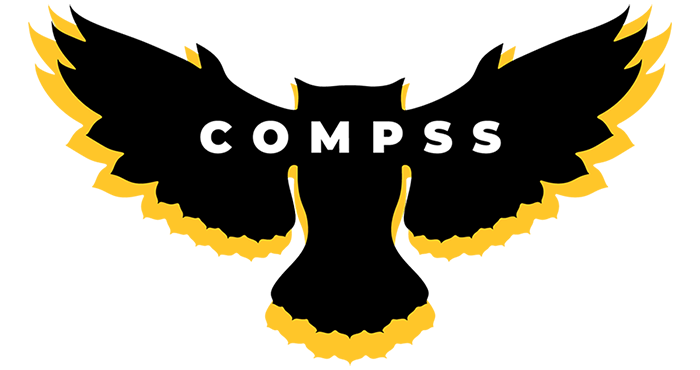Understanding Choices Writers Make
Note to instructors: Because these guidelines intentionally do not specify the text students will analyze, you may want to edit/add details to the "Task" section, particularly the bolded sentence.
Here is a collection of 88 essays you may find useful.
As with all COMPSS materials, you are encouraged to adopt or adapt these guidelines to suit your goals for your class.
Due Dates
- Rough Draft:
- Peer Review:
- Final Draft:
Purpose
This assignment will help you understand the choices writers make to convey their meaning effectively and to persuade audiences.
Skills: This assignment will help you practice skills essential to success in and beyond this course:
-
- Interpret the explicit and implicit arguments of multiple styles of writing from diverse perspectives.
- Analyze how style, audience, social context, and purpose shape writing in electronic and print spaces.
Knowledge: This assignment will help you become familiar with the following important knowledge:
-
- Analytical reading and writing strategies
- Techniques writers use to persuade readers
- Ways purpose, context, style, and audience shape writing
Task
A rhetorical analysis identifies and evaluates the effectiveness of an argument. In your rhetorical analysis, you will make an argument about how well the text persuades its audience and what rhetorical strategies the author uses to achieve that purpose. Keep in mind that a rhetorical analysis focuses on how—not what—an author argues.
To complete this assignment, you will do the following:
- Develop a clear thesis that includes 1) how rhetorically effective (persuasive) the text is and 2) the rhetorical elements that contribute to the text’s effectiveness and that you will analyze.
- Include a brief summary of the text, keeping in mind that your audience may not have read it. Be sure to identify the text’s purpose, audience, and context. (The summary should be no longer than 125 words.)
- Support your thesis by providing and analyzing textual examples of the rhetorical elements you identify. In your analysis, discuss why they are or are not effective.
- Rhetorical elements may include appeals to ethos, logos, pathos, and kairos as well as other rhetorical devices discussed in class.
- Conclude by reflecting on the importance of the rhetorical strategies you have discussed throughout your essay. (Do not restate your thesis verbatim and do not introduce new ideas or arguments in the conclusion.)
Formatting requirements
Follow MLA format. Use black Calibri or Times New Roman font in size 12. Double-space the entire document. Use 1-inch margins on all sides.
















